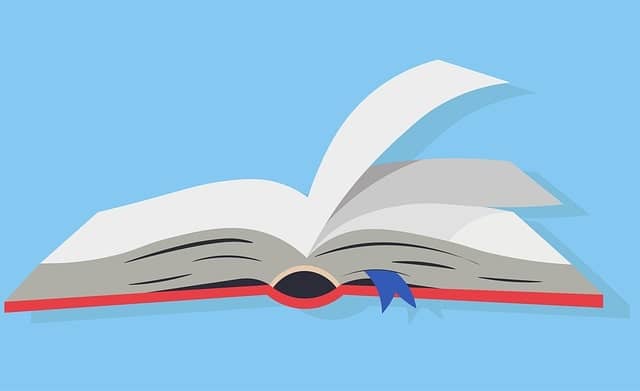What genre is Lord of the Flies? When you first pick up William Golding’s Lord of the Flies, you might think it’s just an adventure story about boys stranded on a deserted island. But as you read on, it quickly becomes clear that there’s a lot more going on beneath the surface. The novel explores deep themes about human nature, society, and morality, making it much more than just a survival tale. In this article, we’ll look at what genre Lord of the Flies belongs to and why its unique blend of elements has made it such a lasting classic.
What genre is Lord of the Flies?
Lord of the Flies fits into several genres, which is part of what makes it such a fascinating read. On the surface, it’s an adventure novel since it begins with a group of boys stranded on a deserted island after a plane crash. But as you read further, you realize that it’s also a dark allegory and psychological fiction.
Golding uses the story to explore deep questions about human nature and society. The novel is often described as an allegory because the characters and events symbolize larger ideas about civilization, morality, and savagery. For example, Ralph represents order and democracy, while Jack stands for chaos and the desire for power.
Throughout the book, there are hints that we’re dealing with more than just survival or adventure. When Simon realizes that “maybe there is a beast… maybe it’s only us,” (Chapter 5) Golding signals that this is a story about the evil within humans—not just outside threats. Another quote supporting its psychological and symbolic depth is when Piggy says, “What are we? Humans? Or animals? Or savages?” (Chapter 5).
So while Lord of the Flies has elements of adventure and survival fiction, it’s best understood as an allegorical novel with strong psychological themes. That’s why it continues to be studied in classrooms and discussed long after you finish reading: there’s always more beneath the surface.
What is Lord of the Flies an allegory for?
Lord of the Flies is an allegory for the conflict between the human desire for civilization and the pull toward power and savagery. Through the boys’ struggle to create order on the island, and their eventual descent into chaos, Golding explores how fragile society can be when those in charge are tempted by power.
Ralph represents the hope for civilization and rules, while Jack stands for unchecked ambition and violence. As Piggy says, “Which is better—to have rules and agree, or to hunt and kill?” (Chapter 11). This question gets at the heart of the book’s allegorical meaning: our constant struggle between keeping order and giving in to darker impulses.
When Simon suggests, “Maybe there is a beast… maybe it’s only us,” (Chapter 5), Golding makes it clear that this battle isn’t just about outside threats, but about the evil within each person. So, at its core, Lord of the Flies uses its story to show how easily civilization can fall apart and how strong—and dangerous—the desire for power can be.
Conclusion
Ultimately, Lord of the Flies is far more than a simple adventure tale. Although it begins with the excitement of a survival story, Golding’s novel soon shows itself to be an allegory with deep psychological themes.
Its blend of adventure, symbolism, and dark exploration of human nature has made it a classic that defies simple categorization. That makes Lord of the Flies a powerful and enduring novel because it asks us to look beyond genre labels and think deeply about what it means to be human.
